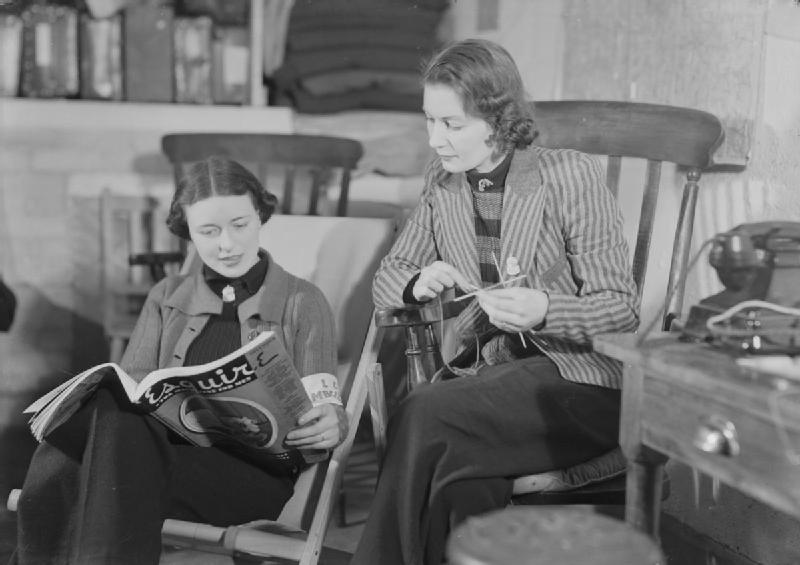During the Second World War, leisure and entertainment played a vital role in maintaining morale both on the home front and among the armed forces. Soldiers and sailors often found moments of joy in music, theatre, and comedy shows.
The images highlights how performances and light-hearted entertainment helped break the monotony and stress of service life. Similarly, theatrical performances and cinema provided an escape from the grim realities of war, giving servicemen and civilians alike the opportunity to share laughter and hope.
On the home front, leisure also took the form of reading, knitting, and simple social gatherings. Reading magazines or knitting, which not only provided relaxation but also contributed practically, as knitted items often supported the war effort.
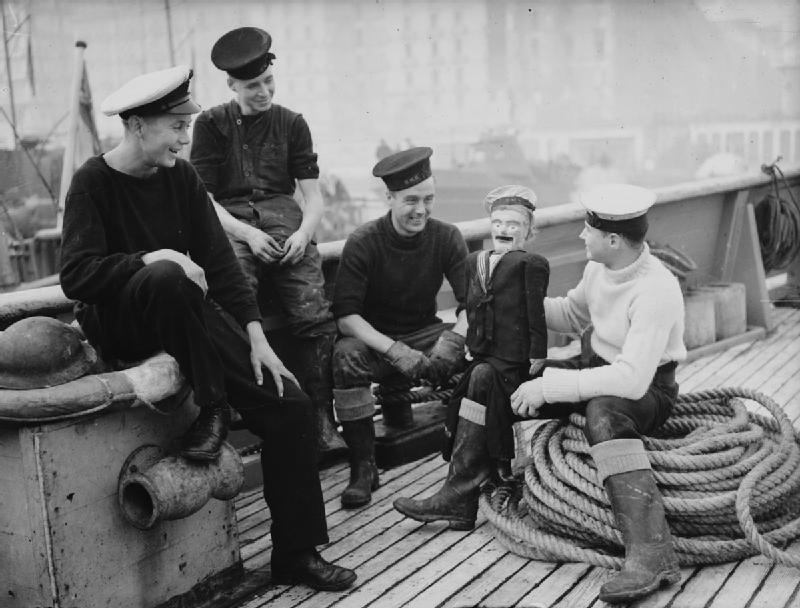
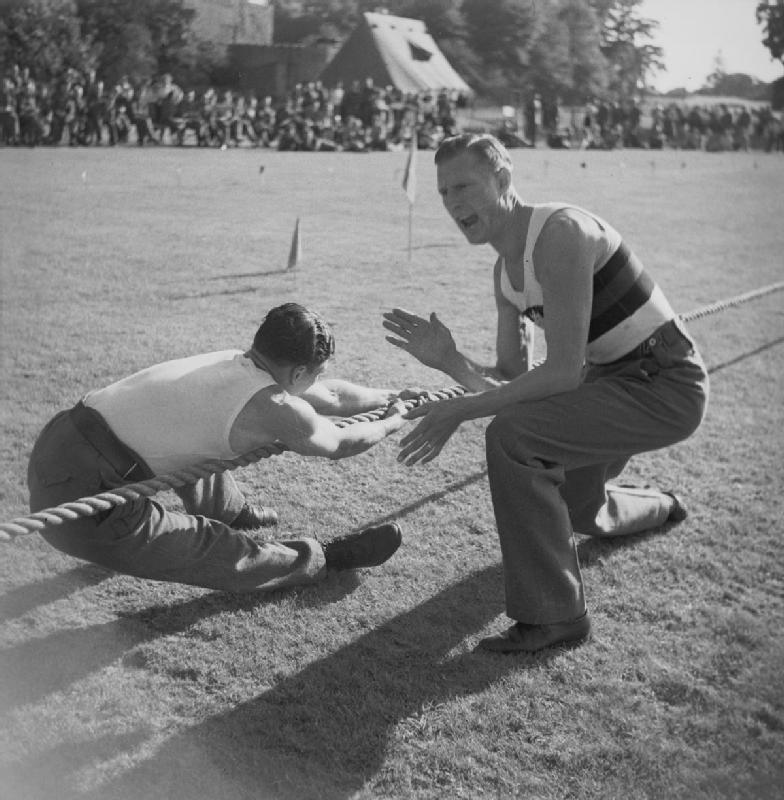
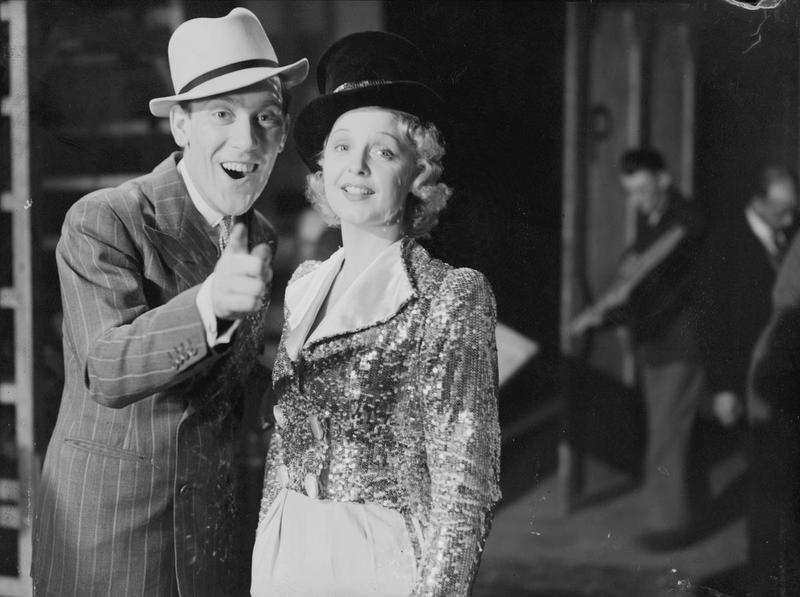
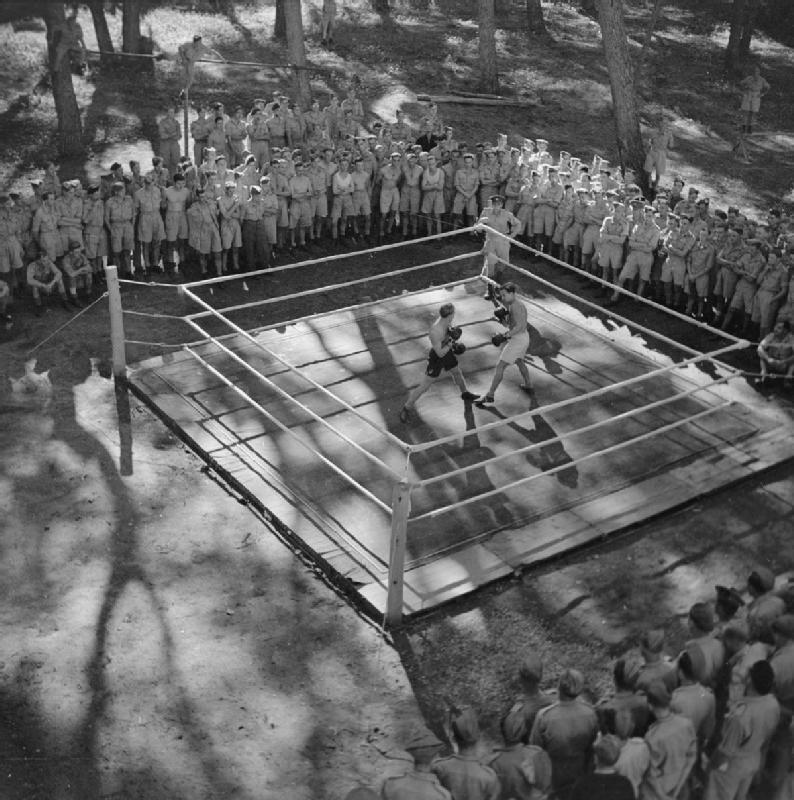
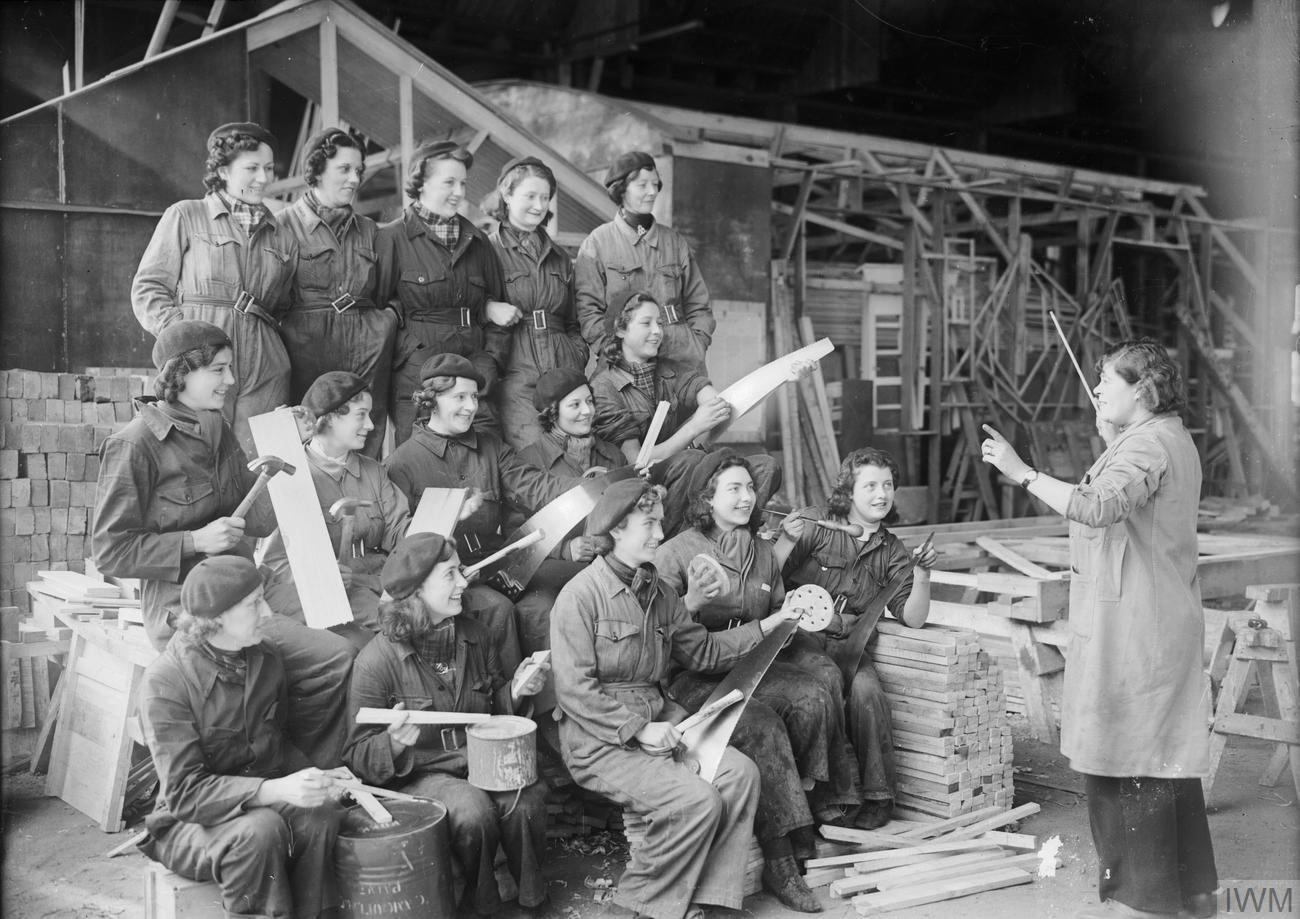
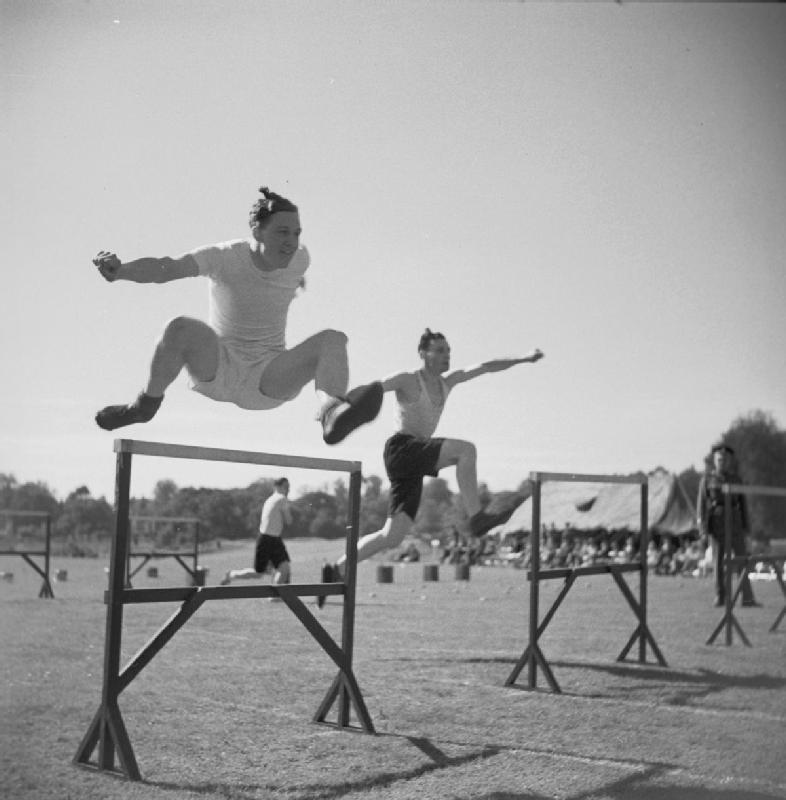
Sports and physical activities such as hurdle races, tug-of-war, and boxing matches became popular among soldiers. These events, fostered camaraderie, built physical endurance, and brought a sense of normalcy to those stationed away from home.
Whether through entertainment, crafts, or sports, leisure during the war was not just pastime—it was a crucial lifeline of resilience and unity in the face of global conflict.
